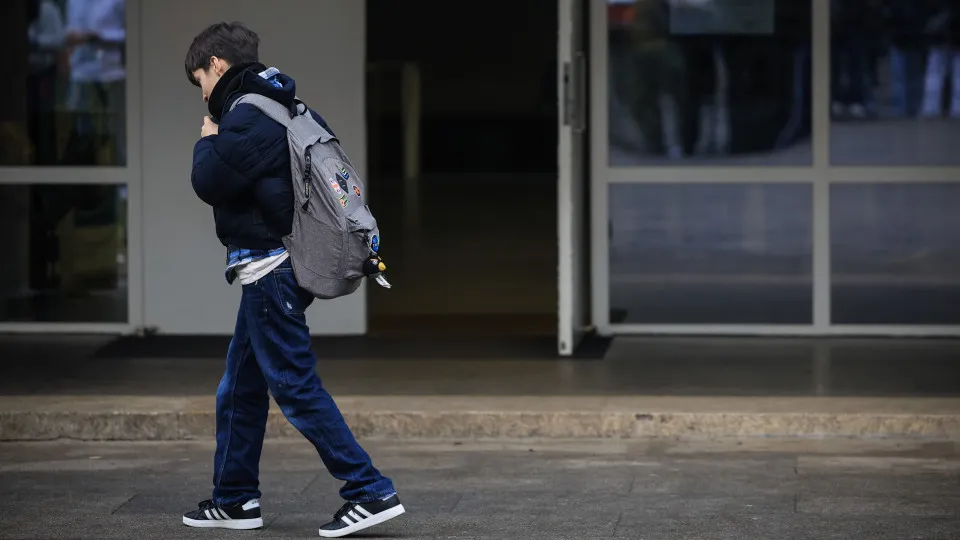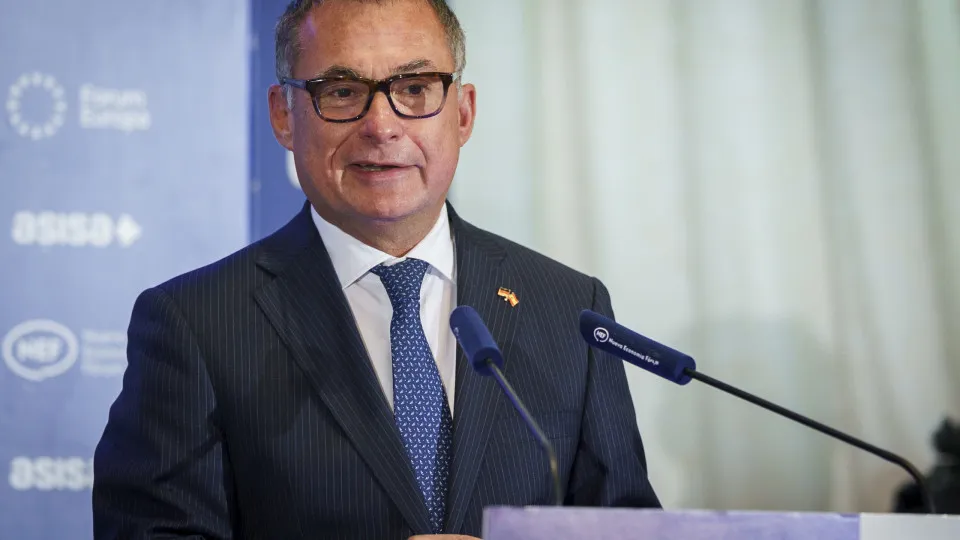
The deputy secretary-general of the National Federation of Independent Unions of Public Administration and Entities with Public Purposes (Fesinap), Hélder Sá, stated that the highest turnout for the strike was in schools and school groups.
The union leader expressed regret that many school directors “undermined” the strike by deciding to open schools despite the absence of the necessary staff for daily operations, which is already minimal.
Hélder Sá provided examples of schools where directors opened them despite the absence of support staff, with closed bars, lack of cleaning, or even without control of entrances and exits.
“We hope this did not cause any issues for any students,” he emphasized.
Another sector with strong participation, according to the unionist, was waste collection, in contrast to the central public administration (such as social security, finance, registries, and notary services, among others) where the percentage was 20%.
The strike, which required minimum services, covers workers from all careers in public administration, both general and special, affecting all sectors, including hospitals, schools, and private social solidarity institutions (IPSS).
The public administration workers are protesting against the labor package presented by the Government.
The demands that prompted the 24-hour strike include the immediate withdrawal of the labor reform proposal, an urgent meeting with the Government on the “Work XXI” reform, the end of union discrimination practiced by the executive, and effective participation of Fesinap in labor negotiations.




